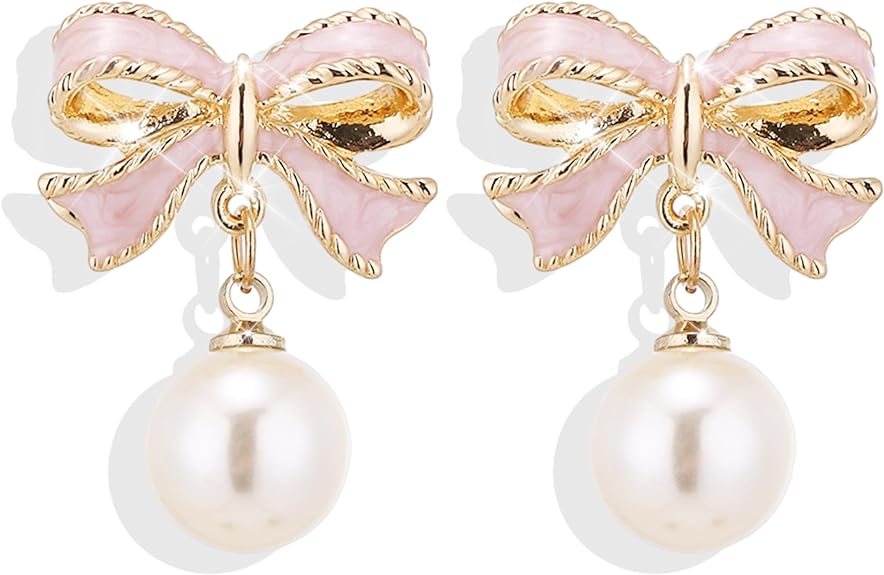It’s funny how you can miss someone who was never really yours. The late-night texts, the inside jokes, the subtle glances, and all those moments that made you believe something might happen. Then it doesn’t. And somehow, it still hurts like a breakup. Getting over someone you never dated can feel confusing because you’re grieving potential, not a relationship. But that doesn’t make it any less real.
If you’ve been stuck replaying “what ifs” in your mind, here are some real, practical ways to move forward and finally let go.
1. Acknowledge that your feelings are valid
Just because you never made it official doesn’t mean your emotions don’t count. You formed an emotional connection, and your mind started to imagine what could be. That hope can be powerful. The first step is to stop minimizing it. Let yourself feel disappointed or sad without guilt. The truth is, you’re allowed to grieve what never was.
2. Stop idealizing the person
When something doesn’t work out, it’s easy to put the other person on a pedestal. You focus on their best moments and ignore their flaws. But remember, you’re missing the version you created in your mind. Try to ground your thoughts in reality. Were they actually emotionally available? Did they put in consistent effort? Remind yourself of the parts that didn’t feel good too. That helps balance your perspective.
3. Cut off contact for a while
You can’t heal if you keep reopening the wound. Whether it’s checking their Instagram or “accidentally” texting them, each small contact resets your progress. Create some distance. Mute their posts or take a social media break. If you see them often, limit casual interactions until you feel more emotionally detached. You’re not being dramatic. You’re giving yourself room to heal.
4. Don’t chase closure from them
You might feel like you need that one final conversation to understand what went wrong or why they didn’t feel the same. But closure doesn’t always come from another person. Sometimes it’s something you give yourself. Write down everything you wish you could say and then read it back. Acknowledge your feelings, then decide to release them. Waiting for someone to give you peace often keeps you stuck.
5. Focus on what you actually wanted from the connection
Ask yourself, what did this person represent? Maybe you were drawn to how they made you feel seen, inspired, or confident. Use that insight to guide your healing. It’s not really about them it’s about what you wanted to experience. Now, look for ways to create that feeling in your own life. You can give yourself what you were hoping to receive.
6. Reclaim your mental space
When you think about someone constantly, they take up energy that could be fueling your growth. Start filling that space intentionally. Create a new routine that excites you. Try a hobby you’ve always been curious about or plan small adventures with friends. The goal isn’t to stay busy just to distract yourself, but to rebuild your life around things that make you feel grounded again.
7. Stop replaying the fantasy
It’s tempting to go over every text or memory looking for hidden meaning. But that keeps you in the story instead of moving on from it. When your mind starts replaying what could have been, gently redirect it to the present moment. Ask yourself, “What do I need right now?” or “What’s something I can do for myself today?” It’s a small but powerful shift.
8. Talk about it with someone you trust
Keeping everything bottled up only makes it heavier. Talking it out can help you make sense of what you’re feeling. Choose someone who listens without judgment, like a close friend or even a therapist. Saying things out loud helps you process and detach from the narrative looping in your mind.
9. Don’t rush your healing
It might take longer than you expect, and that’s okay. Emotional attachments don’t vanish overnight. Each day you’ll think of them a little less, and one day you’ll realize you haven’t thought about them at all. Healing doesn’t follow a timeline it follows your willingness to be gentle with yourself.
10. Use the experience as a mirror
Instead of seeing it as a loss, see it as a lesson. Ask yourself what this experience revealed about your attachment style, your boundaries, or your emotional needs. Maybe you learned that you tend to fall for potential or that you crave connection but fear vulnerability. Use those insights to grow. Every experience, even the painful ones, can teach you something valuable about yourself.
Conclusion
Getting over someone you never dated can feel harder than an actual breakup because there’s no closure or clear ending. It’s a quiet kind of heartbreak that only you can fully understand. But once you start focusing on yourself instead of the “what if,” you’ll slowly find peace. Remember, you’re not losing a person. You’re letting go of a fantasy to make room for something real, something mutual, and something that chooses you back.


